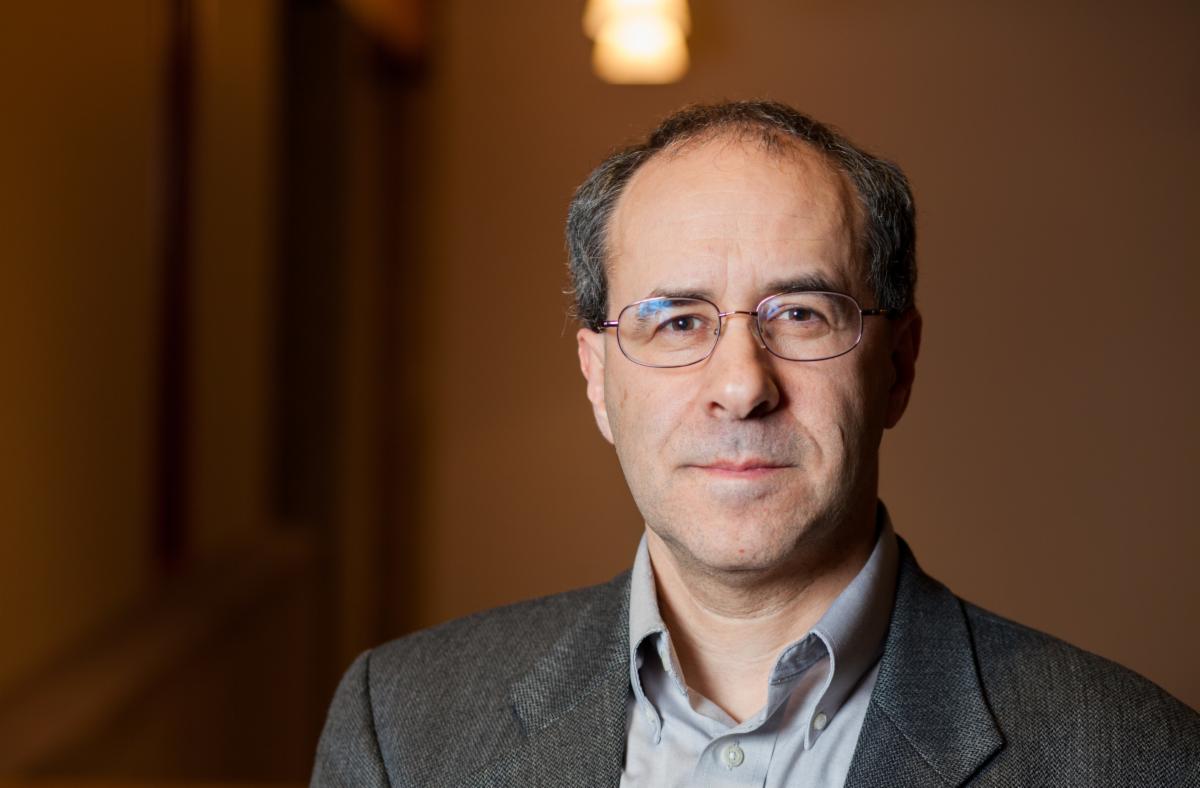  Spinoza on Prophecy a talk with Prof. Michael A. Rosenthal (University of Toronto)  Date: Thursday, October 22, 2020 Time: 3-5pm EST Via Zoom Date: Thursday, October 22, 2020 Time: 3-5pm EST Via Zoom The neo-Kantian philosopher Hermann Cohen famously claimed that “[t]he great scholar of the Bible [Spinoza] never attained an understanding of prophecy.” Spinoza, Cohen argued, reduces the transcendent event of revelation to an immanent and epistemically inferior kind of knowledge based on the imagination rather than on reason. Spinoza misunderstands the prophets as legislators of particular laws that only have limited temporal and utilitarian value. Consequently, Spinoza misses the moral content of prophecy, which ought to serve as a normative standard for all of humanity. Like those who expelled Spinoza from the synagogue in Amsterdam, Cohen urges us to see Spinoza as a danger to Judaism. In this talk, I shall argue that Cohen misinterprets Spinoza on each of these points. I want to reconsider Spinoza’s account of prophecy and defend its relevance to modern Jewish thought. I shall argue that the imagination is what makes prophecy effective; that the emphasis on the political dimension of prophecy is what makes it relevant to the modern condition of the Jews; and that the prophets do provide a model of moral discourse that claims universality and puts Jews and Judaism in a productive conversation with other religious traditions. Michael A. Rosenthal holds the Grafstein Chair in Jewish Philosophy at the University of Toronto, with appointments in the Department of Philosophy and the Anne Tanenbaum Centre for Jewish Studies. He was formerly Professor of Philosophy and Jewish Studies at the University of Washington at Seattle. His current research focus is Spinoza’s political philosophy and theory of the imagination. He is also interested in the reception of Spinoza in subsequent Jewish philosophy, including the work of Moses Mendelssohn and Hermann Cohen. He was recently a Fellow in the Institute for Advanced Studies in the Humanities at the Goethe University, Frankfurt am Main, where he gave the Martin Buber Lecture in Intellectual History and Philosophy. |
| Koschitzky Centre for Jewish Studies | 763 Kaneff Tower, York University, 4700 Keele St, Toronto, Ontario M3J 1P3 Canada ecoburn@glendon.yorku.ca |
 At the next meeting of the
At the next meeting of the 
